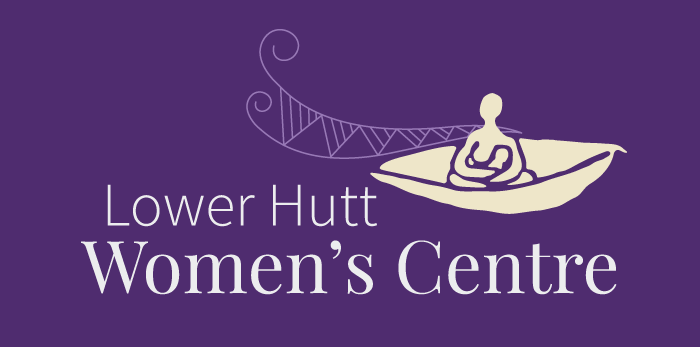Viewpoint Stephanie Brockman Manager Published December 2019
The Lower Hutt Women’s Centre is a women-only centre. People like it being women-only for many reasons. In our last two-yearly surveys, some of the comments supporting the women-only space were: It is a safe zone, non-threatening, safety without fear of sexual attention.
The next top replies included: supportive atmosphere, sisterhood and support, women’s perspective, to be able to escape social norms, and express themselves freely. The third top replies were that women have their own needs and here is a place where women’s needs are given priority, and a place to ask questions and share one’s own problems. These are all gender issues, although the term gender issues was not used.
Gender Issues: Then and Now
Thirty years ago, whenever I talked about gender at work and in a lot of social areas, the most common response was , “Oh, that doesn’t happen now—we’re all equal now.”
And now, in 2019, the same things are said: “Oh, that doesn’t happen now. That happened in the olden days—30 years ago. ‘We’re all equal now.’”
During a workshop we had here on gender run by Florence Fançon, I realised once again how strong gender is as a framework for humans to explain and make sense of the world, although it’s mostly unconscious and I think as a part of that framework we have to pretend it doesn’t exist.
Florence discussed some research that has been done in many countries, and cultures over many years.
The most current research is in 2019. Three scenarios were presented to three different groups. A photo of a crying baby wearing yellow clothes is presented to a group, and the presenter says, “What do you think is the reason she is crying?”
The responses are: sad, needs mum, needs a hug.
The second scenario is the same photo that is presented to a group and the presenter says, “What you do you think is the reason he is crying?” The responses are hungry, angry or hungry, and angry/hangry.
The third scenario is the same photo is presented to a group, and the presenter says, “What do you think is the reason for the baby crying?” The first response is always: Is it a boy or girl?
Unconscious Gender Bias
This research just reinforces how strong gender is as a way of explaining the world, for us to understand the world, and it is such a strong and unconscious determiner. For many people, gender is completely unconscious—so unconscious that they deny it when gender is brought to their attention.
During the workshop, we looked at children’s books, advertising, and our own experiences of discrimination through gender. Here are some current 2019 examples that workshop attendees shared:
- Being at a business meeting with male partner, and the lawyer only talking to the male partner, although the women did all the business accounts
- Being told a person couldn’t have the job in an outdoor field because women are not capable as men
- Having to let a brother do a job even though he couldn’t do it because he’s the man and no-one wanted to upset him. After he leaves, the sister goes in and fixes it up.
Full-Time Parenting Seen as Less Valuable
Another current example out there in the media is the push for women to be on boards: Only 25% of board members are women (current stats) in New Zealand. This is no connection, but I also observe at the same time how women are encouraged to put children in childcare and not full-time parent. A large part of the role of parenting is being put on to paid childcare workers. Getting to or back to work is more encouraged than parenting.
The traditional roles of women: e.g., parenting, is seen as less valuable, less valuable to the individual and to the community. Parenting is less valued than the traditional roles of men (board members). Women are encouraged to move into that field, but value is determined by how well they fit into traditional male fields.
We also talked about the Bechdel Test. The test is named after the American cartoonist Alison Bechdel in whose comic strip, “Dykes to Watch Out For,” the test first appeared in 1985. Bechdel credited the idea to her friend Liz Wallace and the writings of Virginia Woolf.
The test asks whether a work features at least two women who talk to each other about something other than a man. The requirement that the two women must be named is sometimes added. Next when you are watching a movie, see if it passes the Bechdel Test.
Florence introduced us to this fantastic website by Elise Gravel for amazing downloadable stuff for kids and adults, re: gender and a heap of other things: http://elisegravel. com/en/
Changing Consciousness to Make Change
Without a conscious gender lens, everyone becomes trapped. Men become trapped into acceptable ways of being, and women become trapped into acceptable ways of being and it serves no one.
We can change laws up, but unless we change our consciousness, nothing changes.
Here is a link to our annual LLWC survey for 2019–2020 (Current Needs of Women): https://www.surveymonkey. com/r/8QZMMD9
Thank you for taking the time to complete this survey. Your responses and feedback are very important as the Women’s Centre looks at its services and women’s needs for the coming year
